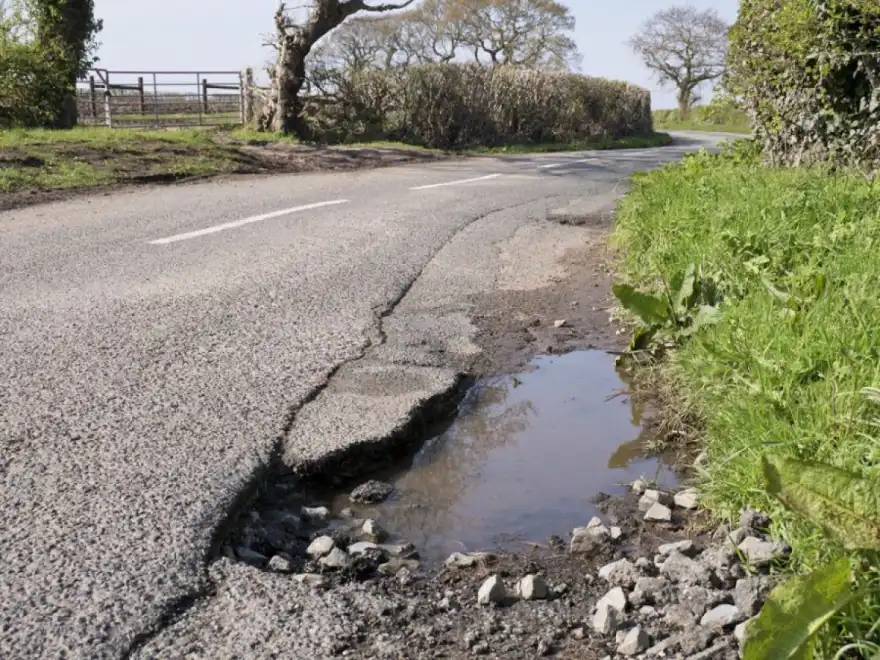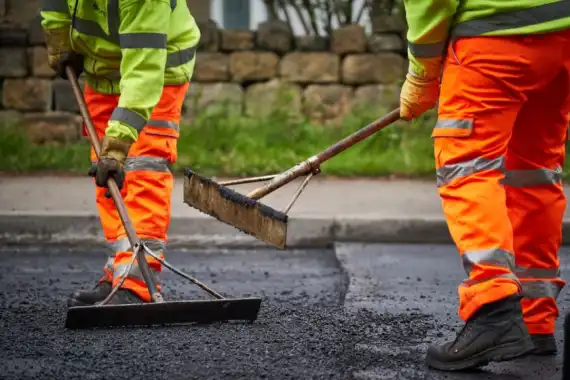
Potholes have been described as a “plague” and a “scourge”, with millions of roads around the UK affected by damage to the surfaces.
We reported recently about how £200m is being made available by the government to fix damage to our roads and although local authorities have the responsibility to ensure roads are safe for drivers, many aren’t keeping up with the rate at which repairs are needed.
Drivers can appeal to their local authority to try and get money back for any repairs made to their car after driving over a pothole if the damage can be proven and if it was done by a pothole deep enough to be recognised as such.
Most councils accept a pothole as being 40mm deep and in order to make a claim, drivers will need to prove it was the pothole which caused the damage.

It’s suggested mechanics are able to do this by detailing it on the repair report although we haven’t been able to substantiate if a mechanic’s word would genuinely be good enough to settle a claim.
According to Martin Lewis’ Money Saving Expert team, pothole claims can be a lengthy process, with some lasting as long as eight months. The official limit for retrospective claims is six years or five in Scotland.
When speaking about the issue, Martin Lewis said: “A compensation culture is dangerous and we need be wary of this, especially when taxpayers are footing the bill.
“Yet the authorities have a legal duty to maintain roads so they're safe for everyone to use. If they don't and your car's damaged, they should help pay the costs to repair it.”
He highlighted the importance of only claiming if the authority responsible for the road has been negligent. For local roads, B roads and smaller A roads, councils are responsible, while Highways England should be contacted for any potholes on motorways and major A roads.
Traffic Scotland will deal with claims on motorways and A roads in Scotland, with Dfl Roads helping drivers with pothole issues in Northern Ireland.




